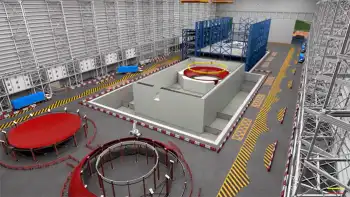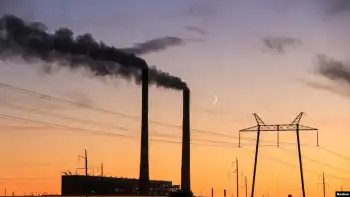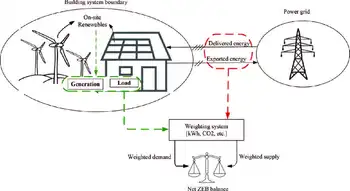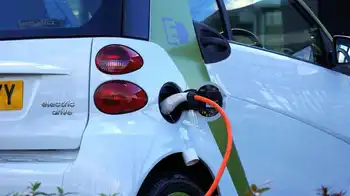Minnesota Signs Deal With Manitoba Hydro
WINNIPEG -- - The Minnesota Public Utilities Commission has unanimously approved a $1.7 billion power export deal with Manitoba Hydro.
It allows Minneapolis-based Xcel Energy to import power from Manitoba Hydro, despite the objections of aboriginal groups.
The 500-megawatt, 10-year deal was given the go-ahead.
It's an extension of an existing deal and will allow power to be exported until 2015.
Approval by Canada's National Energy Board is pending.
The Minnesota decision is a blow to the Pimicikamak Cree Nation of Cross Lake, Manitoba. They had asked the commission to first call a formal hearing into the social and economic impact of historic hydro development on their homeland.
Related News

Rolls-Royce expecting UK approval for mini nuclear reactor by mid-2024
LONDON - Rolls-Royce SMR UK Approval underscores nuclear innovation as regulators review a 470 MW factory-built modular reactor, aiming for grid power by 2029 to boost energy security, cut fossil fuels, and accelerate decarbonization.
Key Points
UK regulatory clearance for Rolls-Royce's 470 MW modular reactor, targeting grid power by 2029 to support clean energy.
✅ UK design approval expected by mid 2024
✅ First 470 MW unit aims for grid power by 2029
✅ Modular, factory-built; est. £1.8b per 10-acre site
A Rolls-Royce (RR.L) design for a small modular nuclear reactor (SMR) will likely receive UK regulatory approval by mid-2024,…




